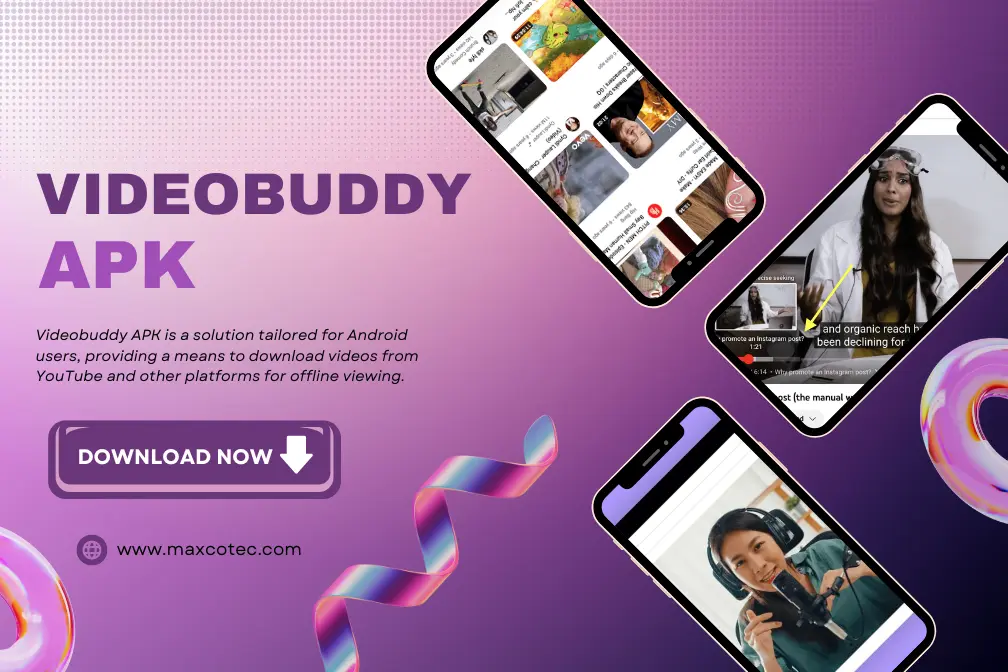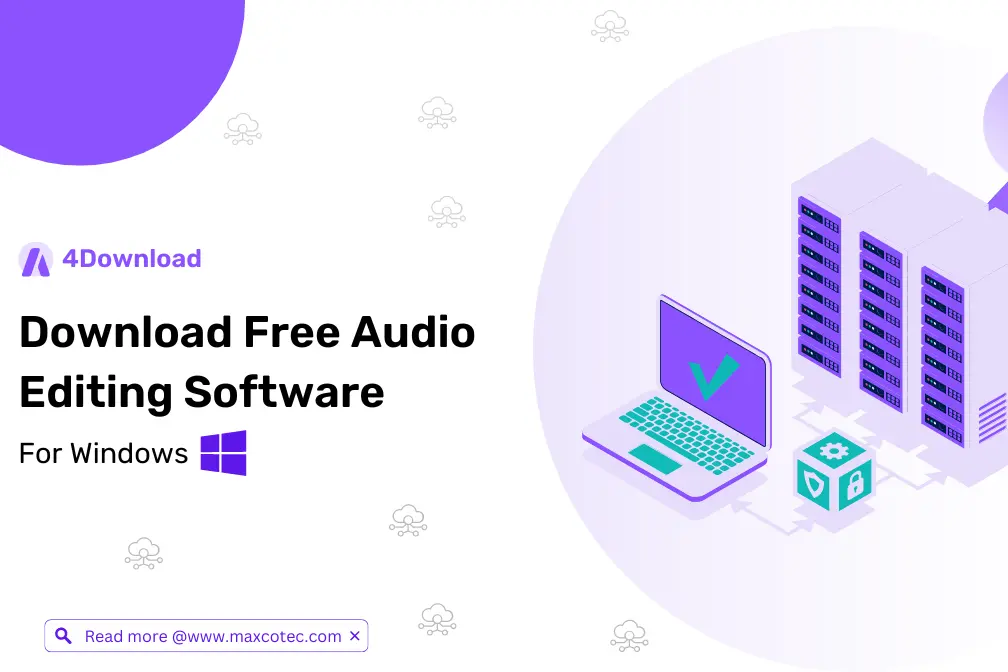In today’s digital age, marketing automation software has become an essential tool for businesses looking to gain a competitive edge in their industry. Not only does it help reduce dependency on expensive, labor-intensive operational processes, but it also improves accuracy, precision, and efficiency while saving costs. As a result, there has been a massive spurt in marketing automation companies and a host of software solutions designed to cater to every business need. However, with so many options available on the market, it can be challenging to determine which software will best suit your business needs. Overhauling the marketing process in a business is also a significant undertaking and, hence, requires careful evaluation and a strategic approach. In this article, we’ll provide an ultimate roundup of marketing automation software to help you make an informed decision and boost your company’s growth.
What Is Marketing Automation Software?

By integrating data and processes from a range of sales and marketing channels into a single, centralized platform, marketing automation allows businesses to streamline operations and workflow and derive a variety of actionable benefits from it. Marketing automation software is designed to automate repetitive tasks associated with marketing campaigns, such as email communications, social media management, lead generation, and website visitor tracking. The aim is to streamline the whole process by delivering personalized content in a timely manner that will nurture potential leads toward conversion into paying customers. This helps organizations precisely gauge the effectiveness of their marketing initiatives and make adjustments as and when needed.
Top 5 Marketing Automation Software Solutions
Aggregators like Dottely curate collections of software solutions that are verified and trusted. The following is a list of five of the most popular marketing automation software solutions used by businesses today:
- HubSpot: HubSpot is a cloud-based inbound marketing automation platform ideal for small and medium-sized businesses that require a complete solution. Features range from SEO tools, landing page creation tools, and email marketing automation capabilities along with CRM (Customer Relationship Management) functionality.
- Marketo Engage: Marketo Engage offers end-to-end Market Lead Management solutions as well as Account-Based Marketing capabilities designed for enterprise-level companies focused on B2B sales cycles at scale.
- Pardot: Pardot makes up one part of Salesforce’s diversified, integrated suite of applications aimed at supporting small businesses interested in integrating their Sales and Marketing activities using a cloud-based SaaS platform.
- Act-On: Act-On helps marketers automate time-consuming tasks such as sending emails by offering advanced targeting and segmentation functionality. This leads to increased engagement, resulting in better customer conversions and ultimately boosting overall sales revenues through automated campaigns.
- SharpSpring: SharpSpring aims at providing SMBs with all-in-one sales & marketing automation despite having limited budgets compared to larger competitors, facilitating SMBs’ ease of use in producing qualified leads without requiring significant upfront costs.
Discover Zestimate, a home valuation tool by Zillow that estimates a property’s worth using data analytics and algorithms based on various factors, such as location, size, and market trends.
Features To Consider

When considering a marketing automation software platform, it’s essential to note certain features that can make your business life simpler and result in potentially higher ROI outcomes.
- CRM integration: CRM (Customer Relationship Management) is critical for capturing leads, prospects, and customer data across multiple sales channels. The ability of Marketing automation software to integrate with your existing CRM system empowers informed event-driven lead nurturing automation, leading to increased conversions over time.
- Analytics and Reporting: Measuring the performance metrics of generated reports on campaigns performs several functions. These include delivering robust ROI reporting, generating accurate real-time statistics tracking user engagement levels across various channels (social media included), and aiding marketers where further improvements are necessary based on data-driven insights.
- Ease-of-use: Advanced marketing automation systems are known for their complexity due to incorporating multiple functionalities within one application. Consequently, ensuring that users have an easy onboarding experience with help guides readily available can boost productivity, saving valuable time while producing effective results quickly.
- Scalability: With business growth comes the need for functionality features, i.e., a greater number of prospect contacts coupled with increasing numbers of sales representatives. It also necessitates multichannel communication capabilities so businesses can scale up efficiently over time when using a marketing automation tool.
- Pricing Models: Understanding pricing models is essential when choosing a marketing automation solution provider. It’s important to consider not only what you’re paying today but also how much you will pay as your business grows. Below, we’ll explore three popular pricing models used by most vendors:
- Per-user-per-month: This subscription model bases its cost on individual user accounts, creating different tiers depending on access levels granted.
- Tiered pricing: The model enables payment customization according to your specific needs or requirements — charging at different rates, e.g., depending on feature set usage or number of contacts stored, etc.
- Flat-fee monthly/annual Billing: Ideal for companies requiring predictable budgets, whereby providing companies with an all-inclusive solution suite for a fixed price. It optimizes budget predictability, leading to better financial planning and ultimately resulting in higher ROI expectations.
State of the Marketing Automation Software Industry

The global marketing automation software industry is valued at $5.75 billion in 2023 and is predicted to reach a value of $13.48 billion by 2028, thanks to a compound annual growth rate of 18.58%. Several factors are responsible for this rapid and massive explosion of the sector, from the rise of cloud computing and social media platforms to growing internet penetration, mobile phone usage, cheaper data costs, and more. As a result, an increasing number of businesses from several sectors are utilizing marketing automation software to improve customer targeting, retention, and sales generation. Technology, retail and consumer goods, healthcare and life sciences, BFSI, and manufacturing are the primary drivers of the sector, besides a range of domains like education, media and entertainment, IT, telecom, and travel and hospitality. The following statistics further demonstrate the rapid rise in the adoption of marketing automation software in the world today:
- 90% of technology companies today use marketing automation software for improving operations as well as user experience.
- 75% of retail companies make use of marketing automation software to streamline their businesses and appeal to customers.
- 55% of healthcare companies are using marketing automation tools to improve their services.
- 40% of financial service companies today use marketing automation to improve transactional convenience and functionality and offer added benefits to customers.
- 35% of manufacturing companies use marketing automation tools to improve their business efficiency.
Thanks to the advent and proliferation of AI, along with machine learning, big data analytics, and other advanced technologies, the potential for the marketing automation industry is almost limitless today. With more and more consumers expecting personalized services and products that cater to their unique needs, the scope of the industry will only expand further in the years to come.
Is Chatib Legal? Complete User Review on the Tech Blogs In USA
Conclusion
In conclusion, marketing automation software is a vital tool for businesses looking to streamline their marketing campaigns and improve conversions. When selecting the right marketing automation software platform, it’s crucial to consider your company’s specific needs and growth goals, as well as potential payback realization timeframes. Factors such as ease of use, scalability, analytic and reporting functionalities, and CRM integration capabilities, along with pricing models, are key decision-making considerations when choosing a provider. Ultimately, opting for the right vendor that provides a comprehensive solution custom-tailored to meet your unique organizational requirements will pay dividends in increased sales conversion rates both now and into the future.






